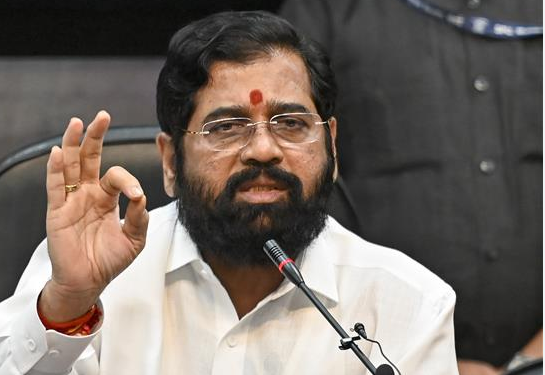Welcome assertion : On the defection issue and the Supreme Court’s deadline for the Maharashtra Speaker
Matters of defection should be taken out of the purview of the Speaker
It is a welcome sign of judicial assertion that the Supreme Court of India has fixed a deadline for the Maharashtra Assembly Speaker to adjudicate on petitions seeking the disqualification of members who had broken away from the leadership of the Shiv Sena and the Nationalist Congress Party (NCP). Long experience shows that Speakers tend to treat disqualification issues with great alacrity or supine indifference , depending on their political affiliations . Despite being reminded from time to time of their duty to remain neutral and demonstrate a sense of urgency in dealing with questions arising out of the Tenth Schedule of the Constitution, the anti-defection law, presiding officers appear to place political loyalties above their constitutional duty. It is quite fitting , therefore, that the apex-court has asked Speaker Rahul Narwekar to decide the disqualification petitions against Chief Minister Eknath Shinde’s camp by December 31 and those concerning the NCP’s breakaway group headed by Deputy Chief Minister Ajit Pawar by January 31, 2024. The directions are a natural follow-up to the outcome of a Constitution Bench decision on May 11, 2023, in which the Speaker was asked to decide the disqualification issue “within a reasonable period”. The verdict came in a case that arose out of a split in the Shiv Sena, leading to a change of regime , with Uddhav Thackeray being succeeded by Mr. Shinde as Chief Minister.
None can dispute that the Speaker has had enough time to decide the matter, even though a few procedural aspects and the clubbing of petitions may account for some delay. In an earlier order in September, the Court had observed that it expected the Speaker to show deference to its directions, especially when he is acting as a tribunal under the Tenth Schedule. Even without judicial orders, the issue of whether a member has incurred disqualification is not a matter which can be dealt with in a leisurely or partisan manner. Recent political history is rife with instances of ruling parties casually recruiting members of the Opposition in several States without any fear of disqualification, as they know that friendly Speakers will not disqualify them. At the end of its judgment in the Karnataka disqualification case, the Court observed that “there is a growing trend of Speakers acting against the constitutional duty of being neutral”. In Manipur, the Court went so far as to remove a Minister from office after the Speaker failed to decide, even long after the expiry of a judicial deadline, whether the Minister had incurred disqualification for defection. So long as the Speaker is vested with the authority to adjudicate disqualification issues, it will be difficult to free matters of defection from the thicket of politics.
